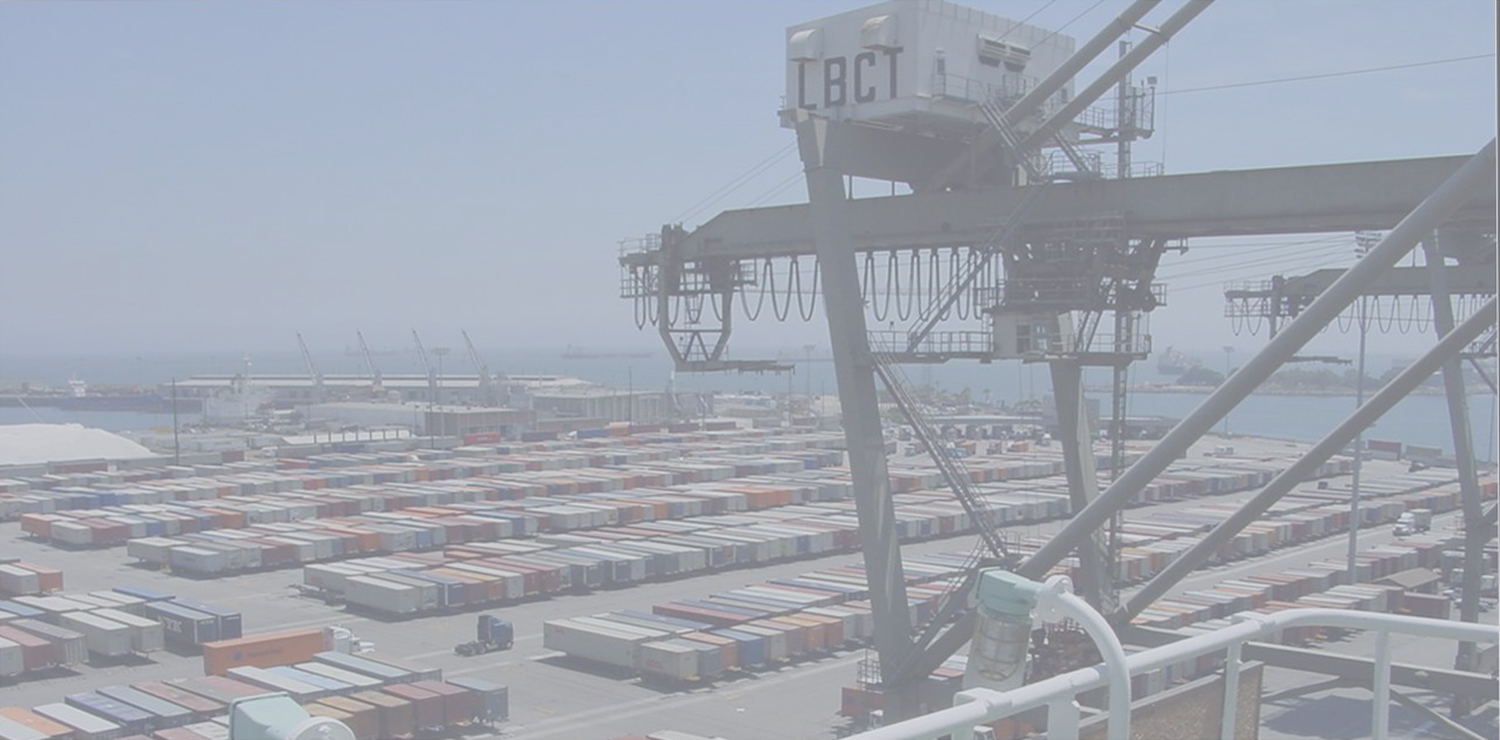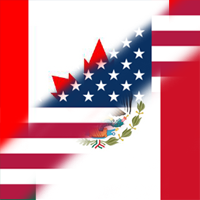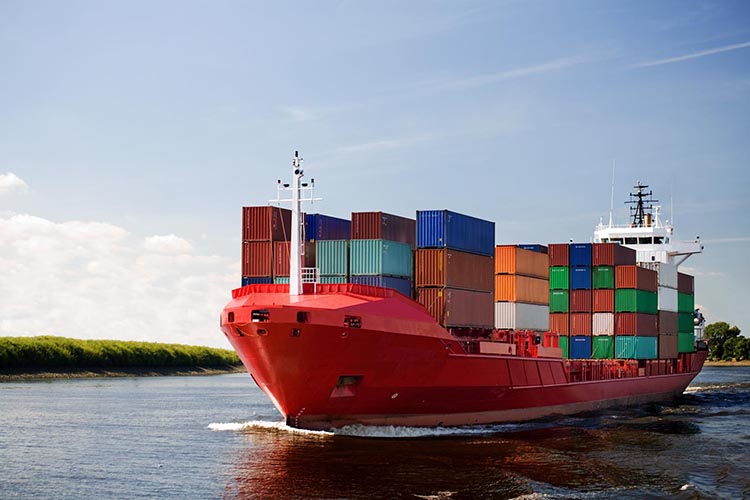
FTZ’ine June 2020
June 2, 2020
FTZ’ine August 2020
August 4, 2020A New Era of North American Trade Begins
Today marks the official start of a new free trade agreement in North America. North of the border its known as the Canada-United States-Mexico Agreement (CUSMA), south as the Tratado Mexico, Estados Unidos, Canada (T-MEC) and the United States-Mexico-Canada Agreement (USMCA) here at home. Even though the countries couldn’t agree on a new name, they did agree to new trading rules with significant changes that affect FTZ users.
While trade disagreements between the US and China have been and remain in the news, trade friction is growing around the globe. A border skirmish between India and China reignited decades-old friction between two of the world’s largest economies. Germany has cast doubt that England is interested in reaching a Brexit trade agreement in time to meet the December 31st deadline. The U.S. is close to reimposing tariffs on Canadian aluminum just as the new trade agreement between the countries goes into effect. There is no new ‘normal’ yet. Stay tuned for all the news impacting FTZs and international trade until we get there.

Top Story: China Warns of Phase One Purchase Impact, FTZs Confused
Tech Tip
CBP is updating the e214. Are you ready?
The most recent ACE Development and Deployment Schedule, published on June 19th, shows a delayed release date for the “Modernizing e214 Online Admission Process – Phase 2, Release 2.” Now scheduled for this August, the release “provides improvements to better facilitate the Foreign-Trade Zone (FTZ) admission process and to eliminate older, inefficient processes.” If you have questions or feedback on the new e214, please send them to us at Info@iscm.co.
Highlights of this release include:
· New procedures for submitting a change in status for zone inventory – There are still some outstanding questions about how this is envisioned to work, whether the intent is to submit a new e214 with the new status or to modify the original e214 with the new status, but CBP appears to be standardizing the process which has been done various ways until this release.
· Ability to edit an e214 – Currently, the only way to update a previously filed e214 is to first submit a deletion of the e214 and then submit a new “add” with the same admission number. CBP is now providing a mechanism for making changes to an e214 without doing that delete (which used to reopen the bills of lading on the e214) and add (which had some challenges with the admission date, expired HTSs that were not intended for modification, etc.).
· Ability to un-concur an e214 – Concurring to an e214 causes the manifest quantities to be posted to the open bills of lading in AMS and for the admission data to be transmitted to Census. This new CATAIR allows the FTZ operator to undo that action, although it is unclear under what business scenario this is needed.
· Ability to cancel or delete an ePTT – If a zone operator creates an ePTT using the e214 module, that same filer cannot cancel the ePTT. In this CATAIR, a mechanism for deleting an ePTT is provided to the e214 filer.
· Increased length in the zone ID – The zone ID has been expanded from 7 to 9 characters, to accommodate the need for additional digits in the subzone and site ID portions of the number. Established zones may still use the old format, by setting the new “Expanded Zone ID Indicator” to “N” in the e214.
In the new draft CATAIR, much of the explanation of the admission process has been removed, and that has created a lot of these questions about how to use the new functionality. The National Association of Foreign-Trade Zones has been in contact with CBP, working on answering these questions. As more is learned, we will keep our FTZ’ine readers updated.


Skirmish Indicative of Increasing Friction Around the Globe

WTO Leadership Race Heats Up
US Land Borders Still Closed to Non-Essential Traffic
The U.S. extended agreements with Mexico and Canada to keep the northern and southern borders closed to non-essential travel for another month over concerns about the spread of the coronavirus.


FTZ Board Activity
- LNG Export Company, LLC received authorization of production activity for liquid natural gas (LNG) processing within a new subzone of FTZ 87 in Lake Charles, Louisiana. MORE
- Puerto Rico Storage & Distribution, Inc. received approval to operate its facility as subzone 61Y in Aguadilla, Puerto Rico. MORE
- The City of Conroe received approval to expand Foreign-Trade Zone 265 in Conroe, Texas. MORE
- Airbus Americas, Inc. submitted a notification of proposed production activity for additional components of commercial passenger jet aircraft within FTZ 82 in Mobile, Irvington, and Theodore, Alabama. MORE
- H-J Enterprises, Inc./H-J International, Inc. submitted a notification of proposed production activity for electrical transformer components and kits within FTZ 102 in High Ridge, Missouri. MORE
- Night Vision Technology Solutions, LLC submitted a notification of proposed production activity for night vision camera systems within FTZ 105 in Jamestown, Rhode Island. MORE
- Seadrill Americas Inc. received approval for subzone status for its new facility as subzone 124V in New Iberia, Louisiana. MORE
- Regent Tek Industries, Inc. received the authorization of limited production activity for road marking material within FTZ 52 in Shirley, New York. MORE
- Traxys Cometals USA, LLC received the authorization of production activity for manganese and aluminum alloying agents within FTZ 158 in Burnsville, Mississippi. MORE
- FN America, LLC submitted a notification of proposed production activity for disassembly of machine guns within FTZ 137 in Dulles, Virginia. MORE
- Signature Express Transport, LLC submitted an application for subzone status for its facility in Fairfield, Alabama. MORE
- Oldach Associates, LLC received approval for subzone status for its new facility as subzone 61Z in Catano, Puerto Rico. MORE
- Ipswitch Shellfish Company, Inc. submitted an application to operate their Ipswich, Massachusetts facility as a subzone of FTZ 27. MORE
- Lucid Motors USA, Inc. submitted a notification of proposed production activity for electric automobiles and subassemblies within FTZ 75 in Casa Grande and Tempe, Arizona. MORE
- Tesla, Inc. submitted a notification of proposed production activity for an additional finished good and additional components of battery penthouse controllers within FTZ 126 in McCarren and Sparks, Nevada. MORE
- Frank's International, LLC received the authorization of production activity for line pipe with tubular joints within FTZ 124 in New Iberia and Lafayette, Louisiana. MORE
- UniCarriers Americas Corporation received the authorization of production activity for forklift engines and assemblies within FTZ 176 in Marengo, Illinois. MORE
- SICK Product & Competence Center Americas, LLC received the authorization of production activity for safety and tracking systems, safety light curtains, and connector assemblies within FTZ 119 in Savage, Minnesota. MORE
- Volflex, Inc. submitted a notification of proposed production activity for flexible packaging in a new site within FTZ 22 in Mokena, Illinois. MORE
- MH Wirth, Inc. submitted a notification of proposed production activity for additional components of offshore drilling riser systems within FTZ 82 in Theodore, Alabama. MORE
- Haier US Appliance Solutions, Inc. submitted a notification of proposed production activity for additional components of household refrigerators within FTZ 82 in Theodore, Alabama. MORE
- Port Arthur LNG, LLC received authorization of production activity for liquid natural gas (LNG) processing within FTZ 116 in Port Arthur, Texas. MORE
A New Era of North American Trade Begins – Today marks the official start of a new free trade agreement in North America. North of the border its known as the Canada-United States-Mexico Agreement (CUSMA), south as the Tratado Mexico, Estados Unidos, Canada (T-MEC) and the United States-Mexico-Canada Agreement (USMCA) here at home. Even though the countries couldn’t agree on a new name, they did agree to new trading rules with significant changes that affect FTZ users.
While trade disagreements between the US and China have been and remain in the news, trade friction is growing around the globe. A border skirmish between India and China reignited decades-old friction between two of the world’s largest economies. Germany has cast doubt that England is interested in reaching a Brexit trade agreement in time to meet the December 31st deadline. The U.S. is close to reimposing tariffs on Canadian aluminum just as the new trade agreement between the countries goes into effect. There is no new ‘normal’ yet. Stay tuned for all the news impacting FTZs and international trade until we get there.

